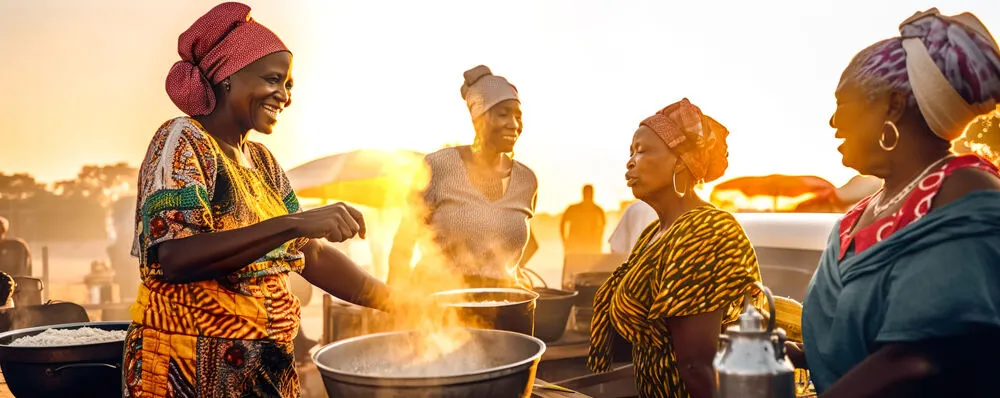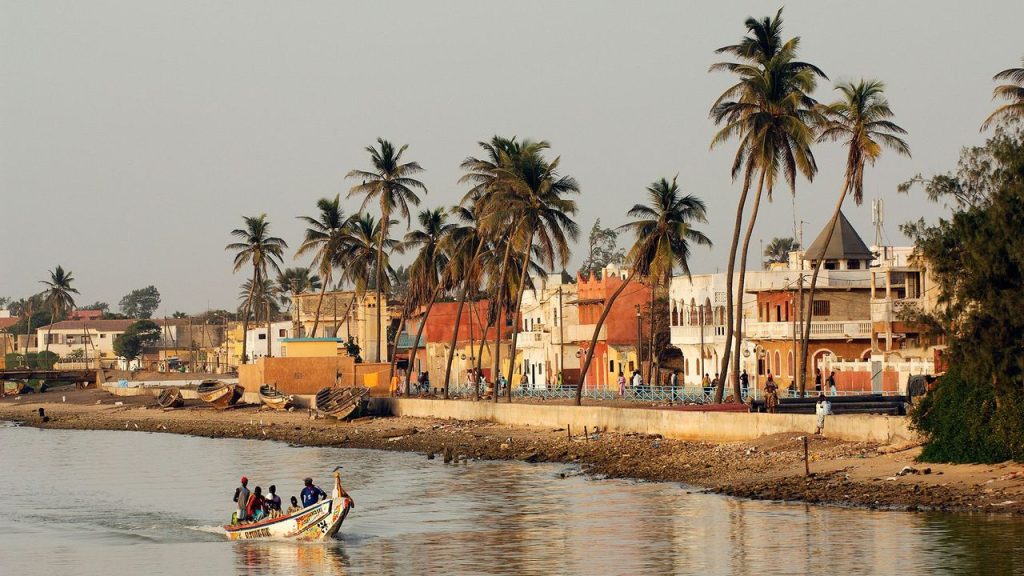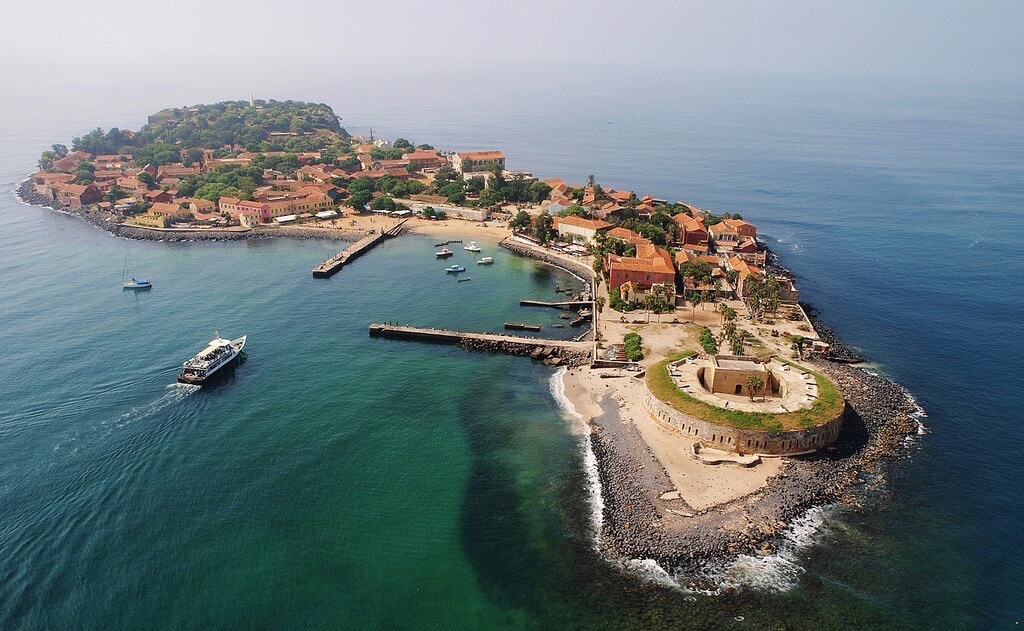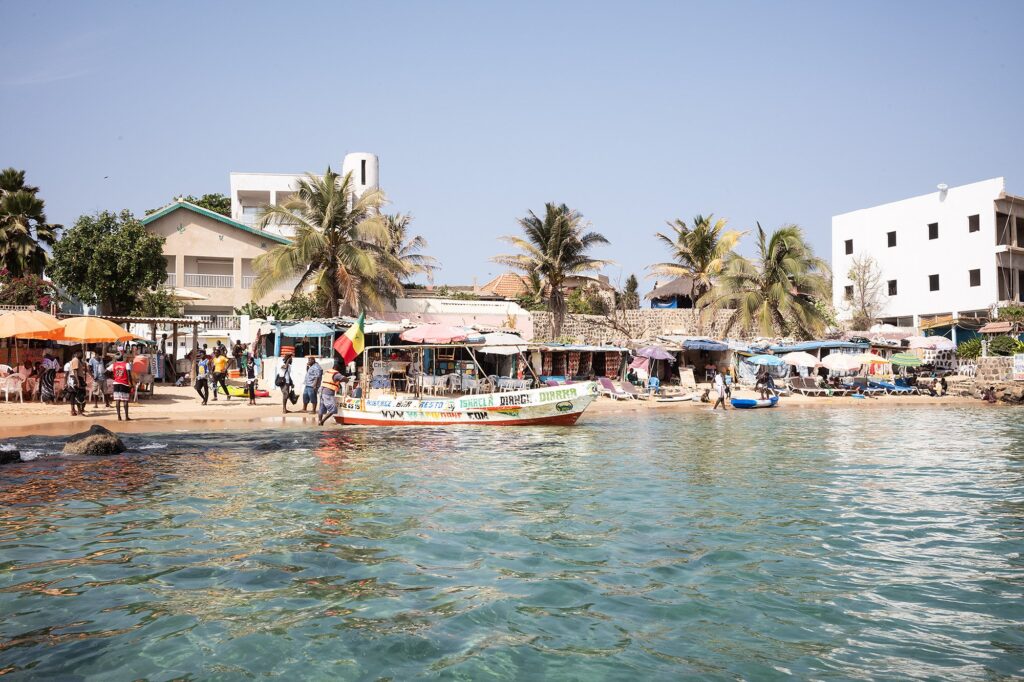Senegal might not be the first place that pops into your mind when planning your next getaway, but let us, your trusty (and slightly quirky) team of travel writers, convince you otherwise. From its soulful culture to its epic food, Senegal is a destination that’s as enriching as it is adventurous. Here’s everything you need to know about why this West African gem should be your next stamp in the passport.

A Quick Dive into Senegalese Culture
Let’s get this straight: Senegal is cool—like, really cool. It’s the kind of place where music, art, and fashion aren’t just hobbies but a way of life. Dubbed the “Gateway to Africa,” Senegal blends its rich history with modern vibes like a perfectly curated playlist.
Teranga: The Art of Hospitality
Senegal is famous for “Teranga,” a Wolof word that roughly translates to hospitality, but honestly, it’s so much more. It’s a way of life that makes you feel like family, even if you just met. Warning: you might never want to leave.
Music That Moves You
From the legendary Youssou N’Dour to the infectious beats of mbalax, the country’s music scene is pure magic. Whether you’re grooving at a beachside bar in Dakar or stumbling into an impromptu drum circle, the rhythm here will follow you home.
Art in Every Corner
Senegal’s streets double as open-air galleries. Dakar’s neighborhoods are splashed with colorful murals, while places like the Village des Arts are perfect for diving into the local art scene.

Senegalese Food: A Love Letter to Your Taste Buds
Let’s talk about the food. Spoiler alert: it’s phenomenal. Senegalese cuisine is all about bold flavors and fresh ingredients. Seafood lovers, you’re in for a treat. And for everyone else? Don’t worry—there’s plenty to obsess over.
Must-Try Dishes:
Thieboudienne: The national dish of Senegal. Think perfectly spiced rice, fresh fish, and a rainbow of veggies. It’s comfort food on a whole new level.
Yassa Poulet: Chicken marinated in lemon, onions, and mustard, then grilled to juicy perfection.
Fataya: Deep-fried pastries stuffed with spicy fish or meat. These are the snacks you’ll dream about.
Bissap: A sweet and tangy hibiscus drink that’s as refreshing as it is Instagram-worthy.
Pro Tip: Don’t skip the street food scene—it’s where the real magic happens.

5 Must-Have Experiences in Senegal
Ready to plan your dream itinerary? Whether you’re drawn to vibrant city life, natural wonders, or deep historical insight, Senegal offers an unforgettable mix. Here are five essential experiences that should top your list — no compromises.
1. Get Lost in Dakar’s Vibrant Energy
Dakar, the pulsing heart of Senegal, is a city that never sleeps — and you won’t want to either. Start your adventure in the bustling Marché Sandaga, where bold fabrics, handcrafted jewelry, and colorful art pieces fill every corner. Don’t miss a chance to haggle with local vendors — it’s all part of the charm.
Next, head to the striking African Renaissance Monument. Towering at 160 feet, it’s not only taller than the Statue of Liberty but also a powerful symbol of post-colonial African pride. Take the elevator to the top for panoramic views of the Atlantic Ocean and cityscape.
By night, Dakar transforms into a live music and dance epicenter. From Afrobeat and mbalax (Senegal’s signature rhythm) to Afro-house in rooftop lounges, the city’s nightlife is electric. Dance until sunrise in clubs like Just 4 U or Thiossane, where locals and visitors merge in celebration of rhythm and life.

2. Marvel at the Pink Waters of Lake Retba
About an hour northeast of Dakar lies Lake Retba, better known as Lac Rose — a natural marvel famous for its surreal pink waters. The unusual color comes from Dunaliella salina, a salt-loving micro-algae that tints the water a shimmering rose hue, especially under direct sunlight.
Float effortlessly in the lake’s hypersaline waters — the high salt content rivals that of the Dead Sea. It’s not just a visual feast; it’s a full-body experience. Around the lake, you’ll see piles of white salt mounds and hardworking locals harvesting salt by hand, often coated in shea butter to protect their skin from the mineral-rich waters.
This is the kind of place that redefines “Instagrammable” — but beyond the perfect picture, you’ll walk away with a deeper appreciation for the lake’s ecological and cultural significance.

3. Visit Gorée Island’s Sobering History
Gorée Island may be postcard-pretty with its colonial architecture and narrow cobblestone alleys, but it also holds one of the most sobering chapters of human history. Just a short ferry ride from Dakar, this tiny island was a key hub in the transatlantic slave trade.
A visit to the Maison des Esclaves (House of Slaves) is a profoundly emotional experience. Stand before the infamous “Door of No Return,” through which countless enslaved Africans were forced onto ships bound for the Americas. The guided tour provides insight into the human cost of slavery and the resilience of those who endured it.
Despite its tragic past, Gorée has become a space for remembrance, reconciliation, and education — a must-see for any traveler who wants to understand Senegal’s past and honor its significance.

4. Dive into Senegal’s Wildlife
Senegal’s wild side is nothing short of breathtaking. Begin with a journey to Niokolo-Koba National Park, a UNESCO Biosphere Reserve teeming with biodiversity. Set against a backdrop of lush savannas and winding rivers, you might spot lions, leopards, hippos, antelope, and over 300 bird species. It’s one of the best places in West Africa for a genuine safari experience.
For bird enthusiasts, the Djoudj National Bird Sanctuary in the Senegal River Delta is a must. As one of the world’s most important bird sanctuaries, it hosts more than 1.5 million birds, including vibrant pink flamingos, pelicans, and herons. Visit between November and April for peak migration season, when the wetlands come alive with flocks in motion.
Whether you’re gliding along a river or trekking through acacia groves, Senegal’s wildlife parks offer unforgettable, up-close encounters with nature.

5. Surf, Chill, and Repeat at Ngor Island
Just off the coast of Dakar, Ngor Island is a blissful escape from the city — a laid-back slice of paradise accessible by a quick pirogue (wooden boat) ride. The island is famed for its world-class surf, with waves that cater to everyone from beginners to seasoned surfers. If you’re lucky, you might even ride the same waves featured in the legendary surf film The Endless Summer.
But there’s more to Ngor than surfboards. Lounge on sun-soaked golden sands, sip fresh juice or cocktails at breezy beach cafés, and enjoy grilled fish caught just hours earlier by local fishermen.
Ngor is also home to a small, creative community of artists and expats, giving it a vibe that’s both bohemian and welcoming. With no cars, little noise, and an ever-present ocean breeze, this is the place to unplug, unwind, and reconnect with life’s simpler pleasures.

Why Senegal Is Considered Safe for Tourists:
Political Stability: Senegal has a long-standing reputation for political stability and peaceful transitions of power, which is relatively rare in the region.
Tourism Infrastructure: Popular destinations like Dakar, Gorée Island, Lake Retba, and Saly have well-developed infrastructure, guided tours, and hotels accustomed to international travelers.
Friendly Locals: Senegal is known as the “Land of Teranga,” which translates roughly to hospitality. Most locals are welcoming and helpful to visitors.
Low Violent Crime Rates in Tourist Areas: Violent crime is rare in areas frequented by tourists. Petty theft and pickpocketing are more common risks, especially in busy markets or on public transport.
Things to Keep in Mind:
Petty Theft: Like in many big cities, especially in crowded areas of Dakar, be cautious with your belongings. Use a money belt or crossbody bag, and avoid flashy jewelry.
Scams: Be cautious of overly persistent vendors or unofficial “guides.” Always agree on prices before accepting services like taxis or tours.
Road Safety: Road conditions can vary, and driving can be chaotic. If you’re not used to it, it’s better to hire a driver or use trusted transportation.
Political Demonstrations: While rare, protests do happen. Stay informed via local news or your hotel, and avoid demonstrations if they arise.
Health Precautions:
Vaccinations: Yellow fever vaccination is required for entry. Hepatitis A, typhoid, and malaria prevention are also recommended.
Water safety: Stick to bottled or filtered water to avoid stomach issues.
Solo & Female Travelers
Solo and female travelers often report positive experiences in Senegal, but modest dress and cultural awareness are recommended, particularly in rural or religious areas. Street harassment is uncommon but can occur — staying confident and aware helps
Traveling to Senegal isn’t just about ticking a destination off your bucket list—it’s about immersing yourself in a culture that’s as welcoming as it is vibrant. To make the most of your trip, Cerca Travel’s local guides and immersive audio experiences can help you uncover hidden gems and navigate bustling cities…
Whether you’re savoring thieboudienne, marveling at Lake Retba, or dancing under the stars in Dakar, this trip promises to stay with you long after your suitcase is unpacked. And trust us, with Cerca Travel’s insider tips, you’ll experience Senegal in a way that’s authentic, sustainable, and unforgettable.